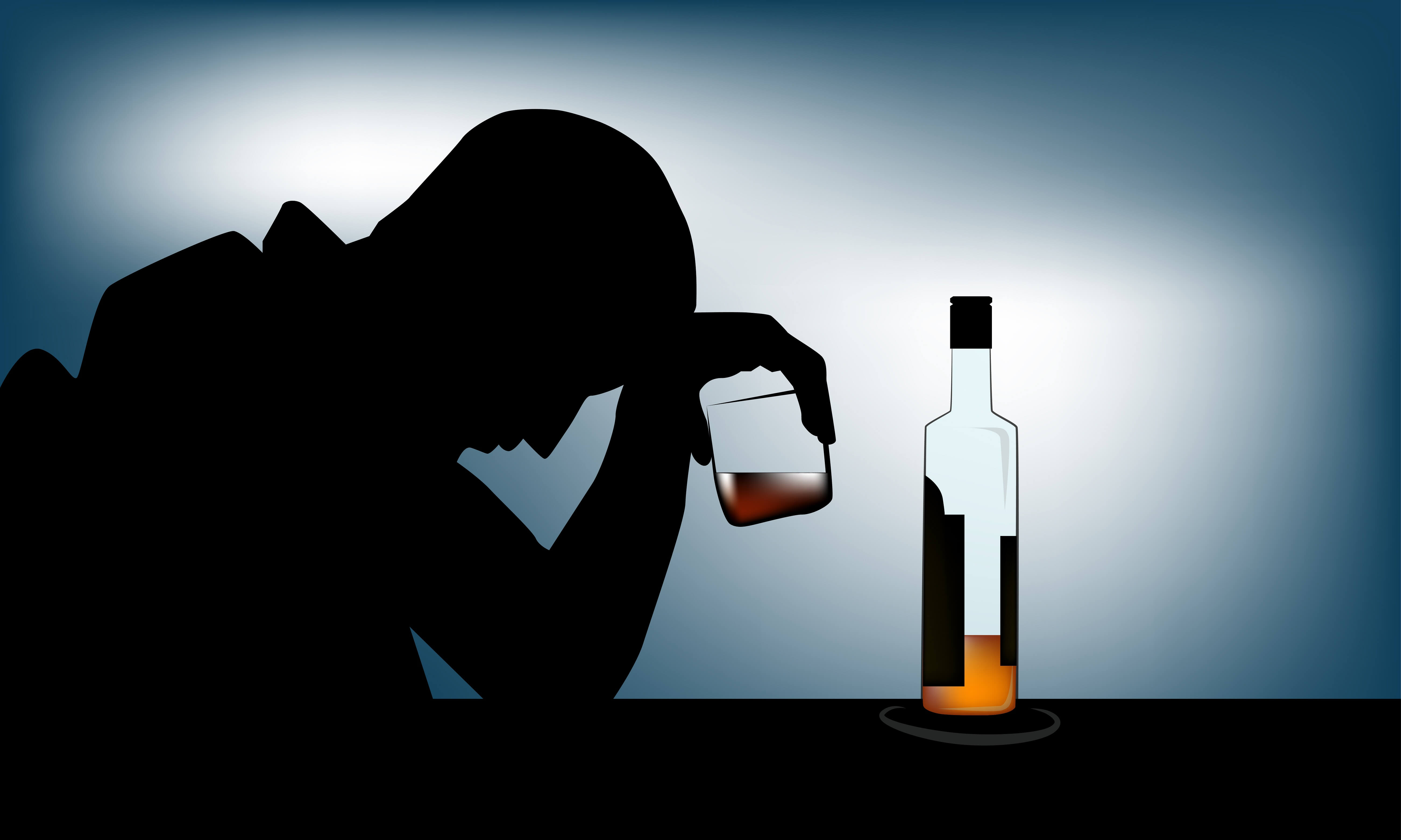Insomnia is a common problem in our country and worldwide. About one in five American adults drink alcohol at night to help them get to sleep. While this might work for some people to fall asleep, it can negatively affect sleep quality without them realizing it. Here’s a deeper look at ways in which alcohol affects your sleep.
How Alcohol Impacts the Body During Sleep
One of the clearest correlations between alcohol and sleep is it can lower an individual’s melatonin levels. It prevents the proper release of melatonin, which operates as your body’s sleep signal. Alcohol also slows down hormone release, which is the body’s repair workforce during sleep. At the same time, alcohol increases stress hormones such as cortisol and increases your heart rate.
Alcohol can interfere with the body’s natural sleep cycle as well as affect the brain and liver. Since alcohol is a diuretic, it can lead to more frequent urination. Another unwanted side effect is alcohol can intensify breathing difficulties as it causes the throat to relax, leading to snoring. This can result in worsening sleep apnea.
Undesirable Sleep Patterns
Further analysis of mixing alcohol and sleeping reveals it can lead to falling asleep faster, but at the expense of other biological concerns. It has the power to override the body’s natural clock for falling asleep, but it can eventually lead to a decrease in total sleep time. The first night of drinking to fall asleep might accomplish deeper sleep, but after several nights this effect will likely wear off.
Another problem alcohol causes during sleep is it delays rapid eye movement (REM) and you end up getting less REM sleep. One of the worst things alcohol can do is fragment your sleep patterns so that you’re always waking up in the middle of the night. Ultimately, it hinders the normal flow of stages in the sleep cycle. These conditions can impact your reaction times and memory when you wake up.
Tips for Better Sleep
One of the most important concepts to remember involving sleep is that it’s about relaxation and giving your body a chance to reset itself. If you don’t allow your body to reset itself properly, it can lead to cognitive issues during the daytime. Here are a few tips to keep in mind for better sleep if you decide to continue using the alcohol method:
- Give your body at least 3 hours before sleep to metabolize the alcohol
- Understand how weight, gender, and consumption volume play a role in how the body processes alcohol in your system
- Drink a glass of water in between each drink to help flush out the alcohol
- Avoid mixed drinks that contain a lot of sugar or caffeine, which are both stimulants that can keep you awake
For many people, wine is a relaxing drink that can help put them in a tired or relaxed state. However, each individual body has its own response to alcohol, so it’s difficult to presume the benefits vs the side effects. Just remember, the more you can get to sleep without relying on any substance, the more control you’ll have of your body. Letting the body follow its natural patterns is important for a proper reset each day. Deep, purposeful breathing is a proven method for relaxing the mind and body and is often overlooked as a solution despite being simple and free.
Understanding how alcohol affects your sleep can help you to rethink your sleep planning. To get started on reaching your health and fitness goals,contactGenesis Performance. We will help you develop exercise and wellness practices around your current schedule and help you to aim for optimal health. We provide virtual assistance on a national level, so even if you’re self-isolating during this time, we are here for you.



